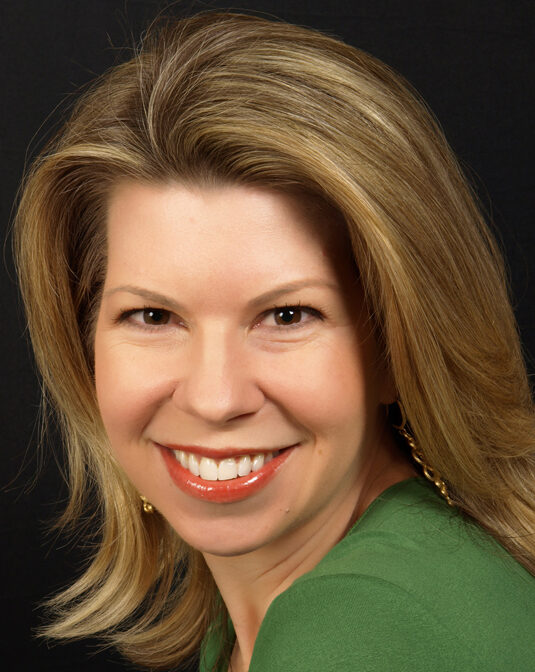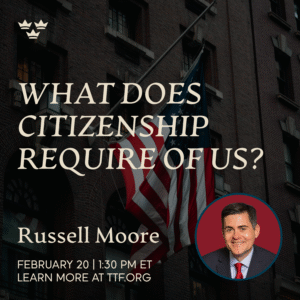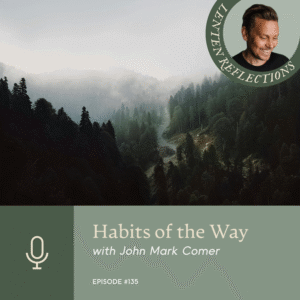Doing Justice with Gary Haugen
February 4, 2022
Overview
Speakers
-
 GARY HAUGEN
GARY HAUGEN -
 CHERIE HARDER
CHERIE HARDER
SHARE

